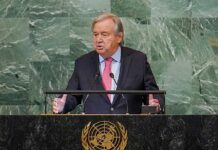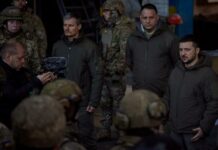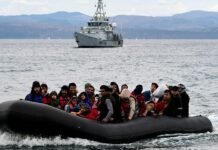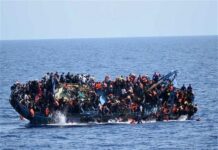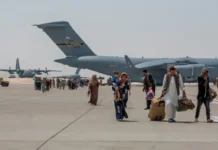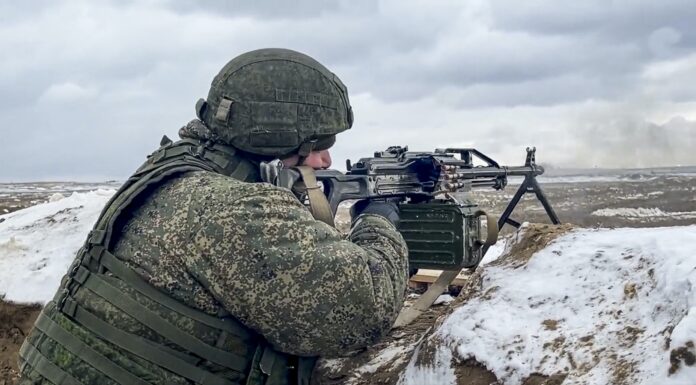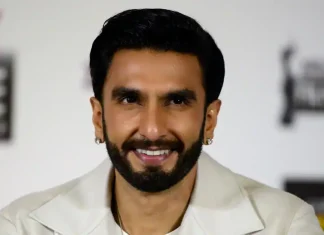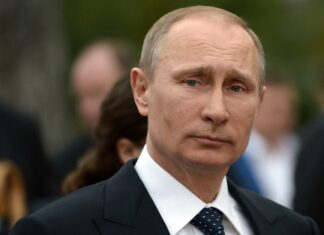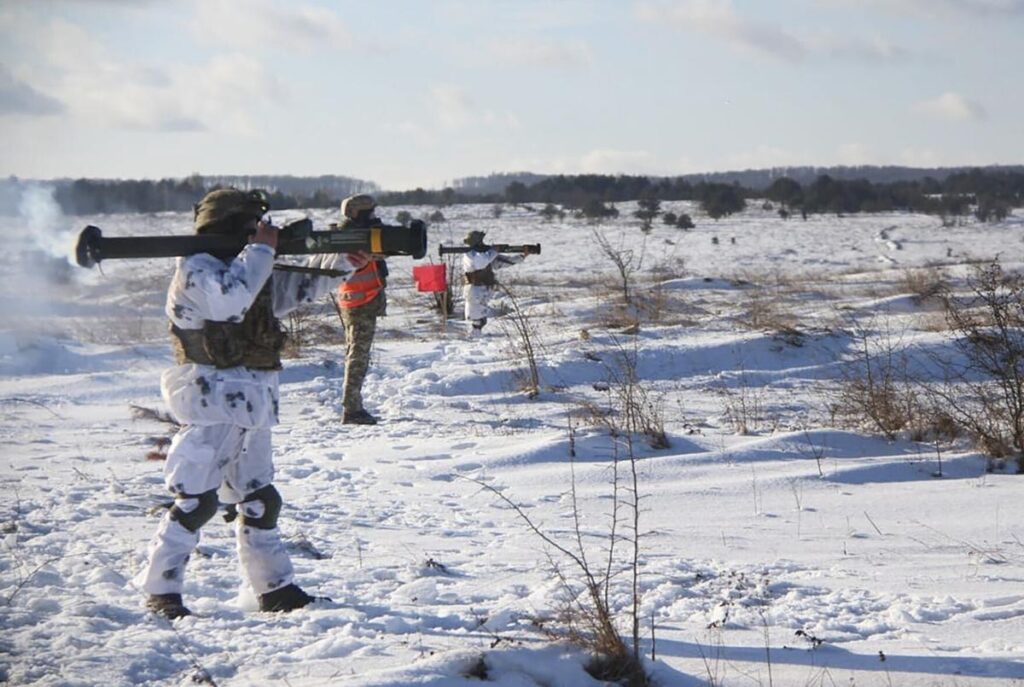
As the U.S. and its allies continue negotiating with Russia in a bid to prevent the standoff on Ukraine’s borders escalating, they are also preparing for war, and the preparations are clearly aimed at deterring any Russian invasion. French President Emmanuel Macron met Ukraine’s president on Tuesday after flying to Moscow for talks with President Vladimir Putin.
Macron said the standoff with Russia could go on for “weeks and months.”
Amid the flurry of diplomacy, NATO has bolstered its presence in countries around Ukraine, and the Western military alliance is holding war games hoping to deter a Russian attack.
The military exercise is a direct response to Russia’s massive military buildup on three sides of Ukraine, which has sent jitters through the entire region.
As Russia prepares to kick off huge combat exercises of its own at land and at sea, the NATO war games have never felt more real, or more urgent.
If a wider conflict were to break out on the far eastern edge of Europe’s democracies, the conditions at the NATO training ground in Läsna, Estonia are exactly what troops would encounter: Deep snow and difficult terrain, with limited visibility.
They would also face an enemy that far outnumbers NATO’s forces, in both troops and weaponry.
Estonia and the other Baltic states, Latvia and Lithuania, sit right along the borders of Russia and its ally Belarus. Each of the three nations is home to a multinational NATO battlegroup.
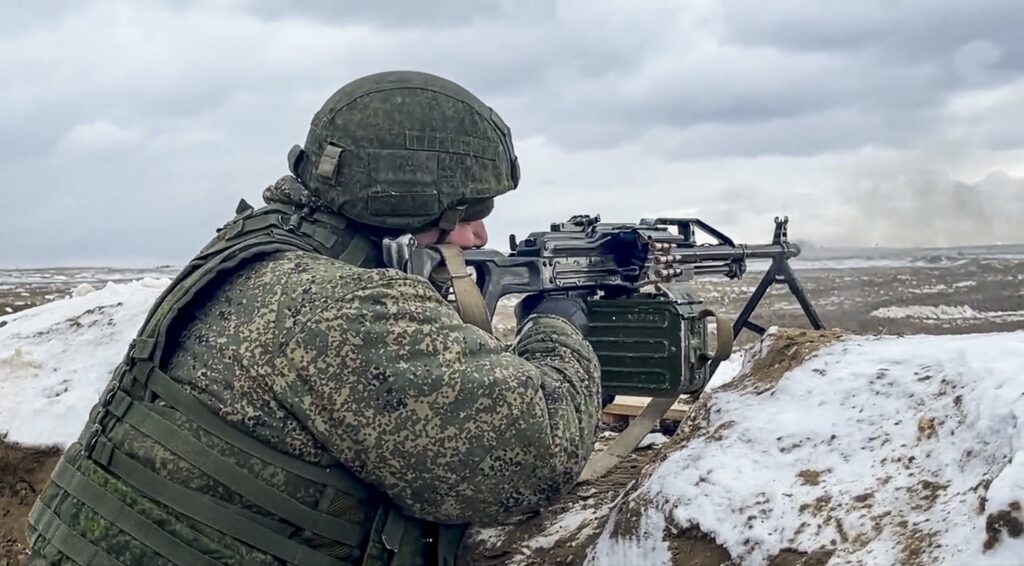
American reinforcements have been deployed to Lithuania, Poland and Romania, while Moscow has sent tens of thousands of forces to Belarus to carry out drills as part of Russia’s own military buildup.
Lithuanian President Gitanas Nauseda said at a news conference on Wednesday that his country would “be talking to the U.S. to make sure that the rotational U.S. forces would be in Lithuania permanently.”
“That would be the best boost to security and deterrence that NATO could provide, not only to Lithuania but to the whole region,” he said.
Moscow on Wednesday indicated that Putin’s government was still determining how to respond to U.S. proposals to ease the tension, but deputy foreign minister Sergey Ryabkov said the Kremlin had at least “taken seriously” the ideas presented.
But while the negotiations continue, so do the war games, because military preparations are never based on a best-case scenario.




